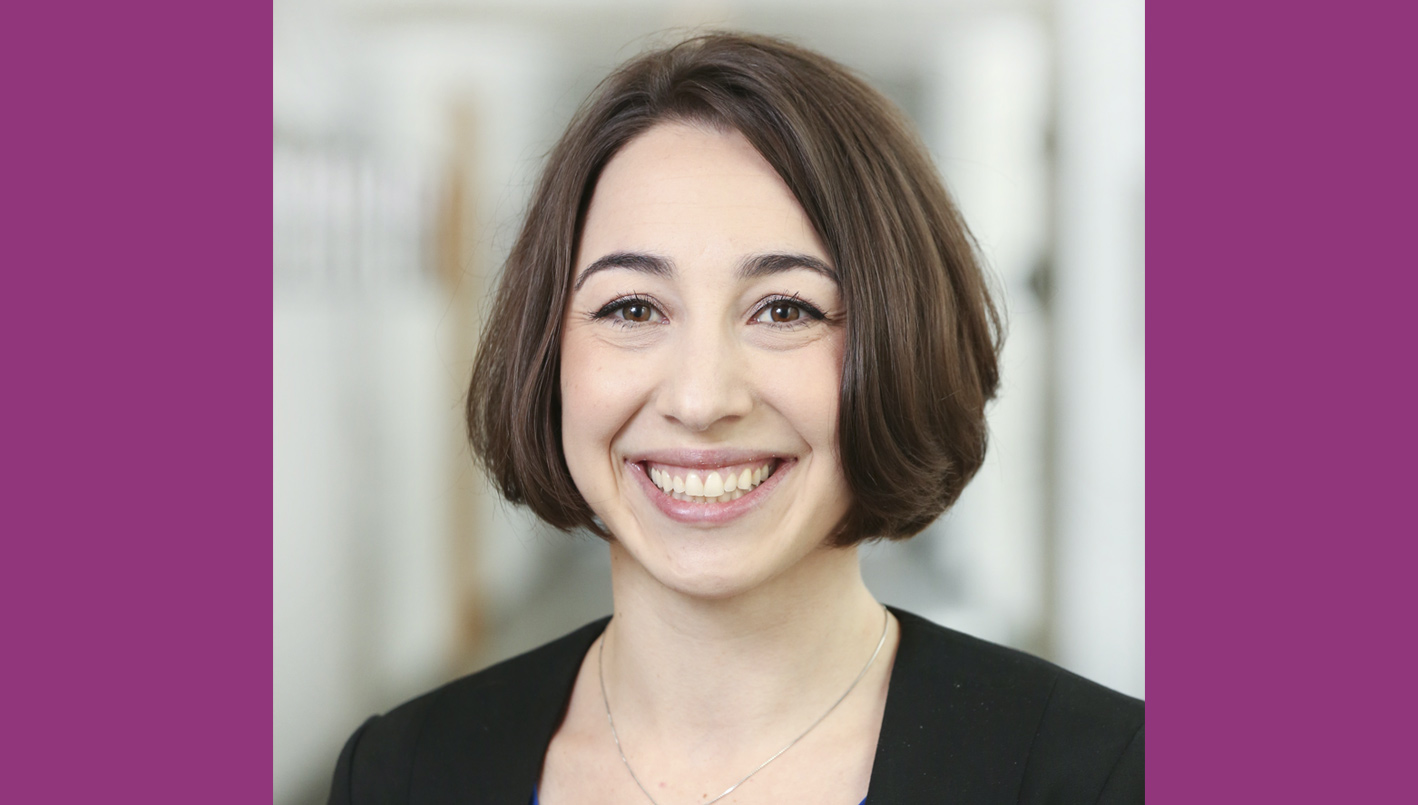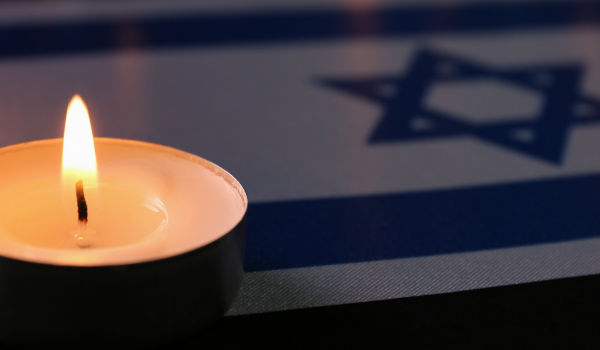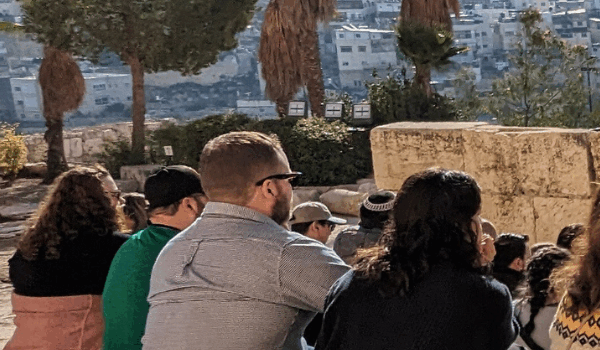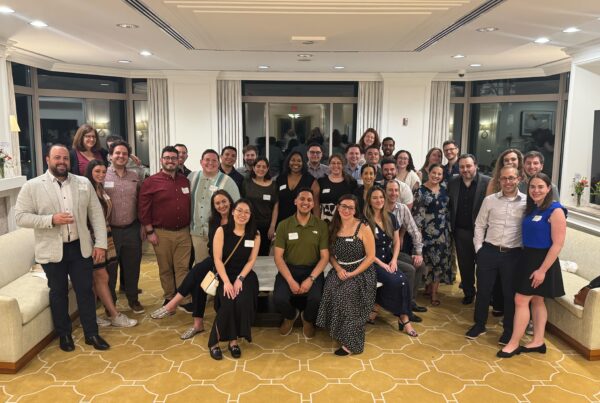September 29, 2017
Sermon by Rabbi Aliza Berger of Temple Emanuel in Boston
Rosh Hashana 2017
If you’ve read the Pew report on American Jewry, you know that we are living in troubling times. Young people are increasingly secular and disconnected. 32% of Jews born after 1980 identify as “Jews of no religion” and 67% of those “Jews of no religion” go on to raise children without religion. Whereas Baby Boomers and Gen Xers often rebelled against the Judaism of their childhood, Millennials are far more likely to have grown up without a Jewish connection. It makes sense, then, that nearly one in four Jews between the ages of 18 and 29 report that Judaism is not at all important to them.
Interfaith weddings are on the rise. Between 2000 and 2013, 58% of all Jewish weddings were between a Jew and a person of another faith. 79% of Jews who identified as “Jews of no religion” married a non-Jewish partner.
When the Pew report first came out, then [Buffalo] Jewish Federation Director Mike Wise began searching the statistics for answers. He became convinced that the single greatest antidote to disconnection was community, and that a trip to Israel for young adults and their life partners would be the perfect way to provide them with Jewish community and a context to reconnect with Judaism.
It wasn’t long before Honeymoon Israel was born. Each year, Honeymoon Israel brings couples from 10 major US cities on a 10-day honeymoon adventure in Israel. Joined by a rabbi, a community engagement professional, and a tour educator, these couples connect with Israel, each other, and the Jewish people. 70% of the couples who go on these trips are interfaith, 30% have a partner who has converted or have two born-Jewish partners, 100% are seeking connection and looking for ways to be Jewishly involved.
When I left for Israel, I thought I had a good sense of what I was walking into. I thought I understood Millennials, the challenges of secularism, the pressures of interfaith. But, the more time I spent with these couples, the more I talked with them about their experiences and journeys, the more I began to see that what I was taught in rabbinical school, and what I learned from the Pew Report and other studies, does not accurately reflect the young adults who we are trying to reach.
Let me give you an example. We had a young woman on the trip who is a practicing, believing Catholic. She goes to church every week. She prays and talks to God every day. She loves Jesus. And she loves her Jewish husband. Early in their relationship, she asked him if he would ever consider converting. In her mind, that made the most sense. After all, she was a faithful Catholic, and he was a reluctant Jew. But when she asked him, he said immediately “no, I’m Jewish.” She pushed. “But you don’t go to synagogue ever. You don’t celebrate the holidays. What does it mean that you’re Jewish?” He replied, “I don’t know, but I’m Jewish.” So, she, even though she is a devout Catholic, decided then and there that she would raise Jewish children.
This woman takes religion seriously. Her first act as a future Jewish mother was to suggest that she and her husband go to synagogue on Shabbat mornings. She figured she could go to church on Sundays, and they could share Shabbat. But her husband isn’t really interested in going to shul. She suggested that they learn about Judaism together. But her husband isn’t really interested in that either. Lately, she explains, she’s been googling for answers to her Jewish questions and calling her father-in-law, who is happy to explain Jewish traditions to her.
They got married just before sukkot last year. Even though they didn’t have a lot of extra money, she was determined to celebrate their first Jewish holiday together. She spent all summer growing vines and coaxing them to weave together into a mat. She had read online that schach must be dead, and so, at the end of the summer, she cut the vines and allowed them to dry into a cover for their sukkah. She collected wood and built a structure. She took the tablecloths from their wedding, and her Easter blankets and carefully arranged them so that the Easter bunny was only visible from the outside of the sukkah, not the inside. She made meals and invited friends. She learned the traditions and made sukkot by herself because, as she put it, “this is what we are going to do for the rest of our lives so it’s important to start now.” Then she says to me, “do you think you could teach a class about Jewish practice? I want to learn so that I can make sure I’m doing it right.”
This couple blew me away. On the one hand, here is a young man, who, if you were to judge him by his actions, would seem to be the secular Millennial the Pew report is worried about. Jewish practice is not central to his life. He is not particularly faithful, probably wouldn’t describe himself as religious. He might even say Judaism is not important to him. But when asked to convert, his answer is a clear “no.”
How do we understand this?
We could say that his story proves that a Jewish neshama is stronger than any secularism. We could say that even when it looks like someone has walked away from their heritage, they remain connected on some deep level. But I think there is something else going on here. This young man defines Judaism by what he will not do. He will not be Catholic. He will not convert. Judaism, for him, isn’t about going to shul or celebrating holidays or keeping kosher. Judaism is about not leaving the tribe. Judaism is a practice of saying no.
And this, in many ways, is more threatening than any movement towards secularism. Because when you define yourself by what you are not, when you live in opposition to other ways of being, what you end up getting is a reality of “no.” A Judaism which isn’t wrong, but also doesn’t have any practices which feel right.
We do this too. How often do we define our Jewish practice by what we don’t do? I’m Jewish so I don’t eat shell fish. I’m Jewish so I don’t write on Shabbat. I’m Jewish so I don’t go to work on Yom Kippur. When was the last time that we talked about what we love about Judaism? About all the things we do on a daily and weekly basis to affirm our relationship with the Creator and with our community?
And we don’t just do this with religion. We look at ourselves and say I’m not a social butterfly or I can’t climb that mountain or I don’t have the skills to complete that task. We build up identities about what is not possible, about our failures. And every time we focus on what we won’t do, or on what we can’t do, we lose out on the opportunity to build on what we can.
What would happen if we spoke about ourselves as the capable beings we are? What would happen if we taught our children that Judaism is about doing sacred rituals, learning Torah, working for social justice and tikkun olam? What would happen if we offered our young people, and ourselves, a religion based on saying yes, full of magical practices and opportunities?
And if we developed a practice of saying yes to what we do, and not no to what we avoid, would that change how we see interfaith marriage? Would we say yes, we are into smart, caring, compassionate humans who are spiritually connected? What should we do when our children bring home their beloved who happens not to be Jewish. Should we say no? Tell them not to follow their hearts? We sometimes act as though interfaith marriage is a statement of opposition—a child choosing out. But that is not always the case.
Here is a family where the husband is not interested in Jewish practice or tradition. He’s happy being secular. But his Catholic wife, who sees religion as a collection of do’s and who is committed to doing religion right, is the one who is making sure that he celebrates Sukkot and goes to shul on the holidays. It is his Catholic wife who is filling their home with learning, his Catholic wife who is organizing classes and making Shabbat dinners, his Catholic wife who will teach their future children the Shema (Jewish prayer).
You might say that they are the exception to the rule, that interfaith marriage is more likely to create disconnection than deeper Jewish ties. But I want to tell you that this couple’s story is not unique. It’s a narrative we see again and again, even in the Torah. Do you remember Moshe Rabbeinu’s wife? He falls in love with Tzippora, a non-Jewish woman. Being in a committed interfaith relationship doesn’t prevent him from leading the Israelites out of Egypt, and it certainly doesn’t prevent him from receiving the Torah on Mount Sinai.
While Moshe is out being a Jewish hero, he forgets about the daily rituals of Jewish life. He starts to define his practice by what he won’t do, instead of what he does. And that practice of doing nothing starts to spread. When his son is born, he heads out on the road without circumcising him. This is a big deal. God is furious and sends an angel to kill him—the Jewish future is literally threatened by his inaction. But Tzippora, his non-Jewish wife, takes their baby and circumcises him right there on the road. She saves Moshe’s life and the life of the Jewish people. It is because of Tzippora, that we have a story of redemption and liberation.
If Tzippora can save Moshe and the Jewish people, if Moshe can be an epic Jewish leader with a non-Jewish partner, maybe interfaith partnerships are not something to dismiss out of hand. For generations, we’ve said no to everything that’s not Jewish. We’ve tried asking our children to say “no” to non-Jewish partners and interfaith weddings. Our “no’s” have created a generation of Jewish young adults who are now saying “no” to us, “no” to Judaism, and “no” to a Jewish future. Maybe, in this new season, it’s time for us to try something different. Maybe it’s time for “yes.” “Yes” to love, “yes” to welcoming interfaith couples, “yes” to a brighter Jewish future.




